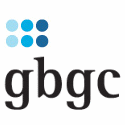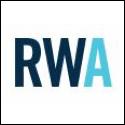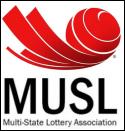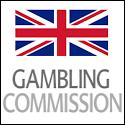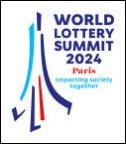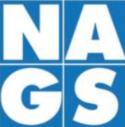A new gambling regulation entered into force on January 1, 2019. The regulation is based on a licensing system where those who provide games on the Swedish gambling market must have a license.
The Swedish Gaming Authority can take a number of different measures against license holders who do not comply with the gaming regulations. If it is a serious violation, the license must be revoked or, if sufficient, a warning issued.
If the licensee has been issued a remark or warning, the Swedish Gaming Authority may also decide to levy a penalty fee. The penalty fee must then amount to a minimum of SEK 5,000 and a maximum of ten percent of the licensee’s turnover in the immediately preceding financial year.
In the case, a gambling company had violated the regulations that before gambling is allowed, license holders must always check whether players have suspended themselves in the Gambling Inspectorate’s so-called self-suspension register.
The Supreme Administrative Court stated that one of the main purposes of the regulation of gambling activities is to limit the negative consequences of gambling and that the possibility of self-suspension for players is an important measure to achieve this purpose. Deficiencies in control of the register would therefore be regarded as a serious violation of the regulation as a starting point. When choosing an intervention, however, according to the court, the circumstances of the individual case, both mitigating and aggravating, must also be weighed.
The Supreme Administrative Court took into account the circumstances that have come to light and found, among other things, that the company had already received indications before it was contacted by the Gambling Inspectorate that the company’s control function against the self-exclusion register was not working, but gambling was still permitted – something that was deemed to underline that the violation would be seen as serious. In summary, the Gambling Inspectorate was considered to have had grounds for its decision to issue a warning to the company, and the rulings of the sub-instances were upheld in that part.
Regarding the question of how the size of the penalty fee should be determined, the Supreme Administrative Court stated that the licensee’s financial circumstances in the form of the size of the turnover should be one of the factors taken into account in the assessment.
The Supreme Administrative Court found that what is to be understood by the concept of turnover is not clear from the legal text and that the concept of annual turnover, which is used in the bill, was not explained in more detail. The parties in the case had different views on whether the term referred to player contributions before or after deductions for winnings paid to the players.
In the absence of clear guidance that spoke in a different direction, the Supreme Administrative Court made the interpretation that it must reasonably be the turnover in the licensee’s income statement, i.e. what is referred to in the accounts as net turnover, which is referred to. For this, it was considered not least that one purpose of the provision in question was that the licensee’s financial resources should be able to be weighed when the size of the penalty fee is determined. According to a statement from the Accounting Board, the portion of player stakes that the gaming company must pay back to the player collective in the form of winnings did not appear to be revenue received for the company’s own account.
In summary, the Supreme Administrative Court made the assessment that the expression turnover corresponds to what, according to good accounting practice, is the licensee’s net turnover from the licensed activity. Good accounting practice was – in accordance with what the Accounting Board came up with – considered to be to deduct redeemed profits from player bets when calculating net sales.
Since the sub-instances did not apply the concept of turnover in the way the Supreme Administrative Court came to, the case was re-referred to the Gambling Inspectorate for renewed processing in the part that concerned the penalty fee issue.

















